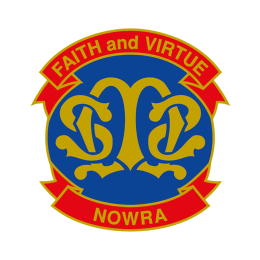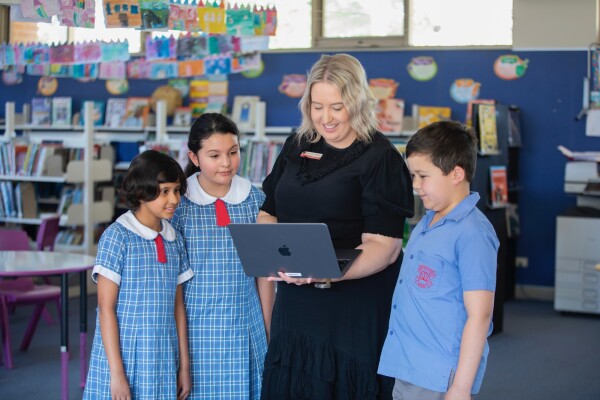
St Michael's Nowra
A Catholic Parish Primary School
 At St Michael's, the individual learning needs of each student are recognised and supported through the differentiation of tasks and activities. Our aim is for all students to achieve success at their level of ability.
At St Michael's, the individual learning needs of each student are recognised and supported through the differentiation of tasks and activities. Our aim is for all students to achieve success at their level of ability.
We have two centres at St Michaels that provide specialised instruction to students with identified specific needs.
All Aboriginal and Torres Strait Islander students at St Michael’s have a Personalised Learning Plan (PLP) that is tailored to the student and is regularly reviewed and updated each semester. PLPs are an active process. Read more here.
Gifted education is a shared responsibility between the school, home and parish. The school follows Gagné’s model and he defines giftedness as the possession of natural abilities at levels significantly beyond what might be expected for one’s age; that is, giftedness is outstanding potential that may or may not yet be evident in outstanding performance. Gagné defines talent as the achievement or performance of one or more systematically developed skills at a level significantly beyond what might be expected for one’s age.
Teachers may devise specific Individual Plans for students who have been formally assessed as gifted. This may include:
For more information, view our CEDoW Diverse Learning Needs Policy